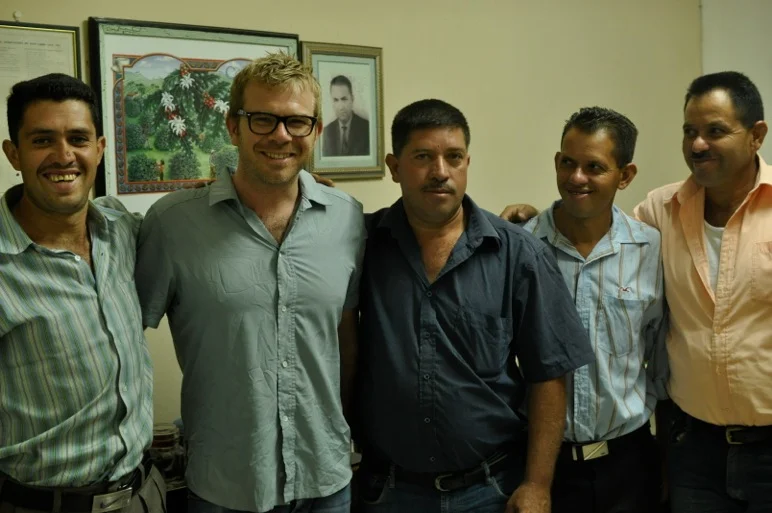A story that is never told is that of the nano smallholder coffee farmer. I'm referring now to the many coffee smallholders who own less than 500 coffee plants and subsist on coffee as their sole or majority cash crop. The coffee producers that make some of our most exciting coffees each year and reside in places like Kenya, Ethiopia and Burundi. Their stories become anonymous, in large part, due to the sheer reality that it is impossible to engage with thousands of people at a time when buying coffee from the washing stations they sell their cherries to.
But each of these farmers matter. From both an inter-relational perspective and also from the future of coffee perspective.
By now you've heard about and read report after report warning the coffee industry that climate change is having an increasingly deleterious effect on coffee production. Producers are increasingly saddled with harder to predict weather patterns, new pests and diseases as a result of these variant weather patterns, and confused plants that can't evolve quickly enough to adjust.
Here is where climate change researchers play a crucial role: it is through their work and collaborations with actors throughout our industry that will help us all try to face the seemingly insurmountable challenges that are developing all too quickly.
One of these researchers is Milda Jonusaite Nordbø, a PhD candidate from the University of Oslo's Department of Sociology and Human Geography. Milda's research is important not just because it's focused on climate change, but especially because it is centred on climate change adaptation. For her PhD dissertation, Milda's honed in on an origin that is dear to us, Burundi. And through her field work, we will gain insights into how the nano smallholder farmers that produce our amazing coffees first, view their work as coffee producers, and (hopefully) next, how they are adapting to climate change.

This is Dorothy, a coffee producer who delivers coffee cherries to our partner's, Long Miles Coffee, Bukeye washing station in Kayanza, Burundi. I met Dorothy, through Milda, during CCS' June buying trip this past summer. As part of Milda's data collection methodology, she decided to start a "photo journaling" project whereby chosen farmers were given cameras to document not only their daily life as a coffee farmer, but in particular the most important aspects of their daily life as one.
One of the biggest hindrances in social science research has been in getting as close to the reality of a subject's lived experience, as they truly live it. With photo journaling, there's more direct access to the point-of-view of the subject, rather than the researcher's interpretation of their experience. Yes, the researcher, in interviewing the subject about why they took the photo they did, comes in with their own bias and perspective, but the photos themselves do not lie and so using the photo as the basis for discussion is a great way to get close to what the person perceives as significant.
So, what does a day in the life of Dorothy look like? What does she see as important in her daily work as a coffee producer?
Turns out that Dorothy, along with the other few farmers who participated in her group of the photo journaling project, did not take photos of actual coffee. When asked to take photos of what's really important to them, Dorothy viewed her land and children as most important. This finding may run counter to what we would assume about someone who's sole basis for cash earnings rests on coffee. A question that this might raise is whether Dorothy, in not putting coffee at the forefront of her priorities, is negatively impacting her ability to be a great coffee farmer. It turns out this assumption isn't so.
Over the course of getting to know Dorothy over several weeks of meetings, Milda observed and learned the following:
- Dorothy is vigilant about mulching and selective picking, which she has learned from working with Long Miles' coffee scouts (agricultural educators and outreach);
- she views growing coffee in similar terms to raising a child: washing, nurturing, and caring for coffee requires hard work and diligence (e.g. mulching, planting shade trees);
- she is equally meticulous about quality control - she and her children spend the time to hand sort the harvested cherries prior to delivering them to Bukeye washing station;
- she is curious about the parts of the coffee chain that are beyond the washing station. When she was handed a copy of Standart Magazine, Dorothy had a million-and-one questions about almost every photo on the magazine's pages. It was the first time she had been introduced to the work of coffee professionals beyond a washing station and she was particularly eager to learn about and compare how coffee producers in other countries work.
Dorothy hadn't thought about the fact that there are non-Burundian coffee producers "out there" and when she saw a photo representing coffee production elsewhere, she immediately understood something more about why cherry quality is so important to the Long Miles team. That is to say that she, as a Burundian coffee farmer, is in competition with coffee farmers from other places. Say, Kenya, for example. Not only is this realization important to Dorothy in providing her with more meaning behind her work, it is crucially important for our industry that farmers know and can feel the significance of their work.

In finishing up her perusing of the magazine, Dorothy wanted us to pass on a question and message to the customers of her coffee: "Why do we get paid so little?" and "We [coffee producers] think of you when we grow coffee. We wonder if you also think of us." In addition, she wanted us to tell you a few more things: the government is making laws that make coffee farming more and more challenging, and the income she receives from coffee pays for the education of her six children.
-Melanie
Coffees from Burundi are scheduled to arrive on January 15th in Antwerp and January 18th in New Jersey. Contact Sal for availability in NJ and Nico for availability in EU/Asia.

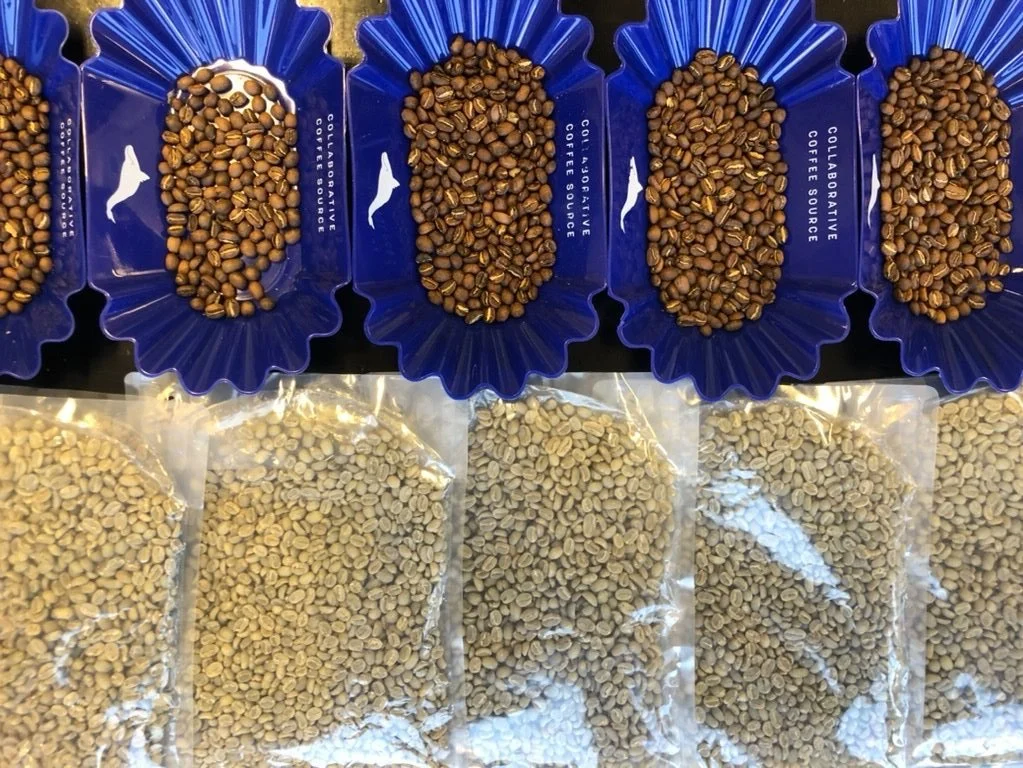


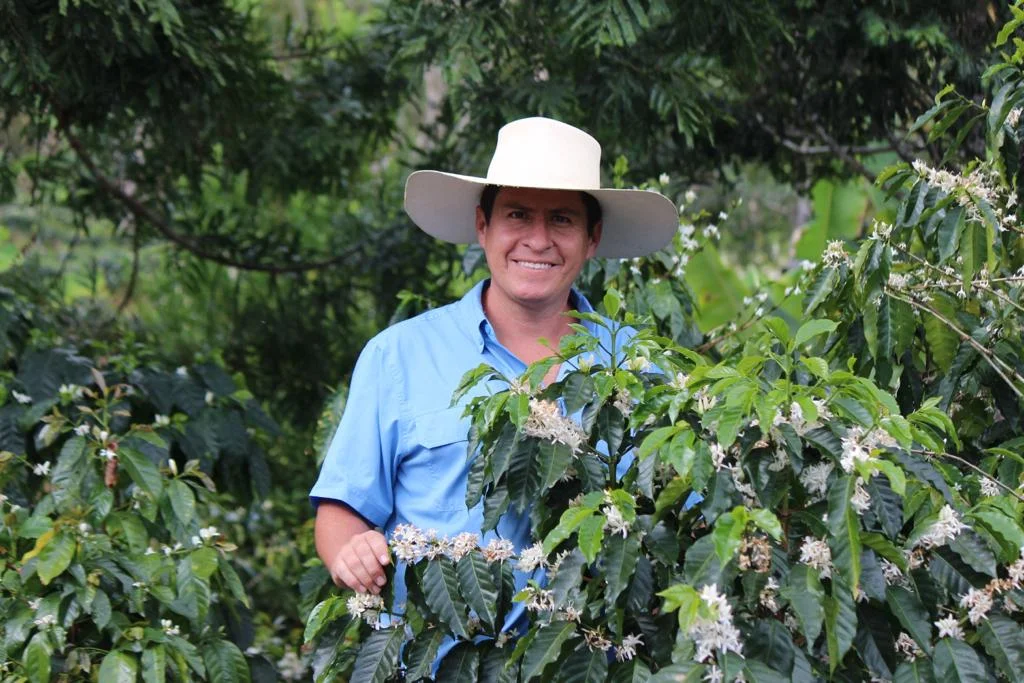


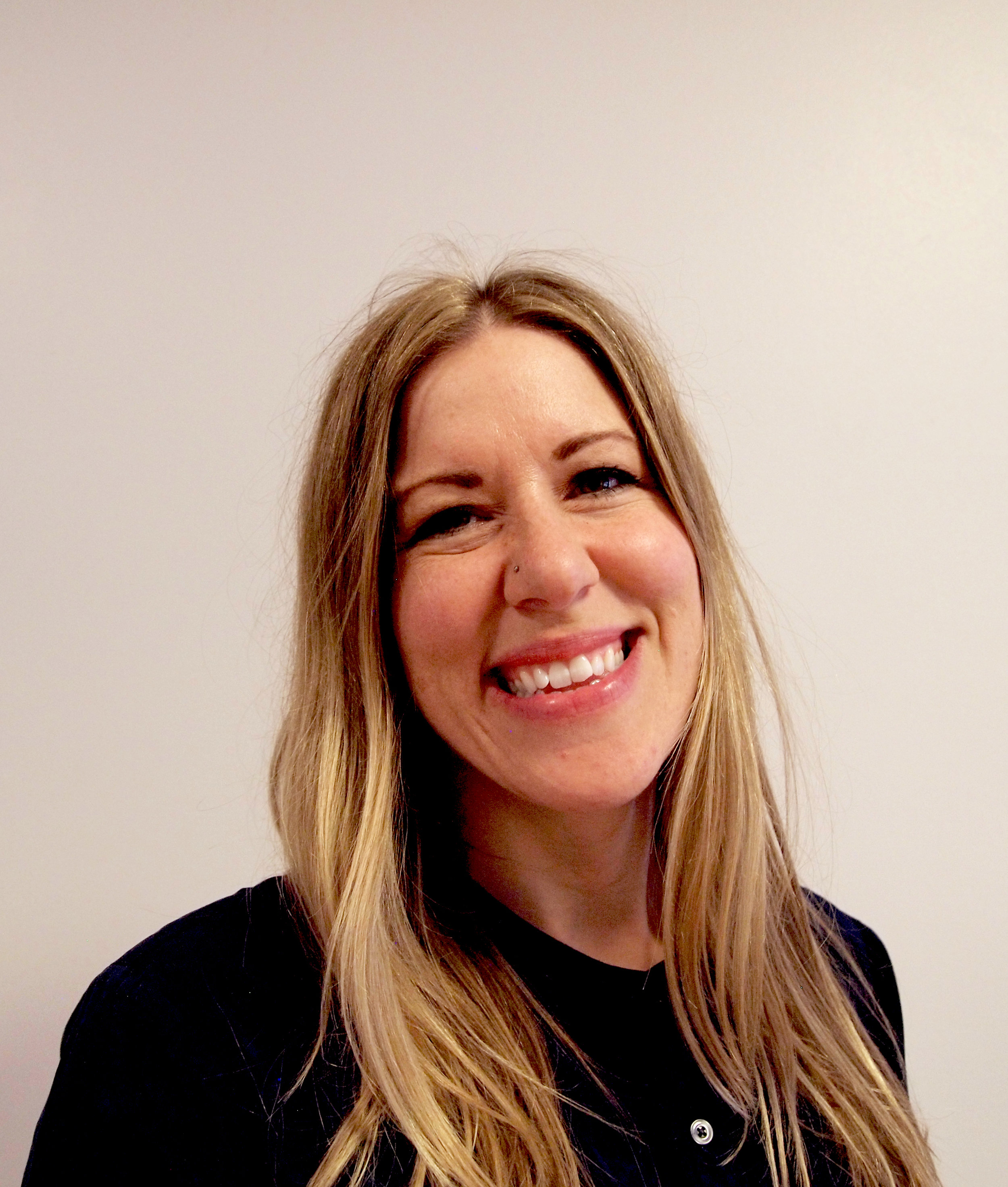


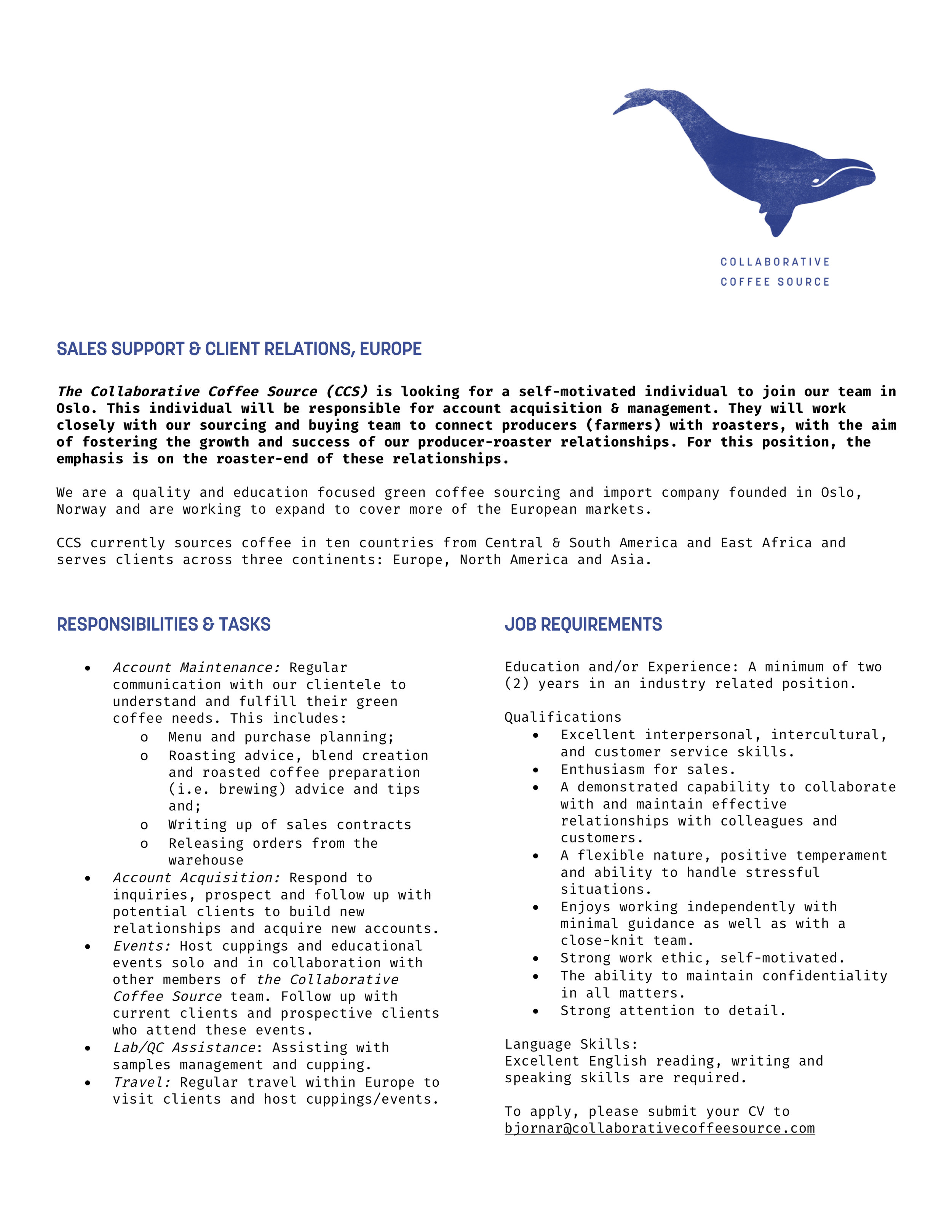



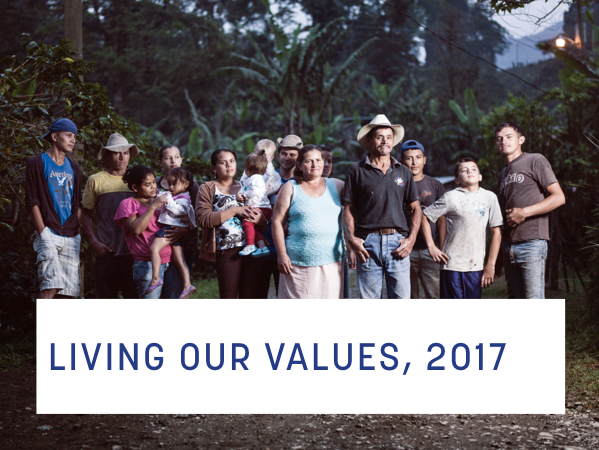

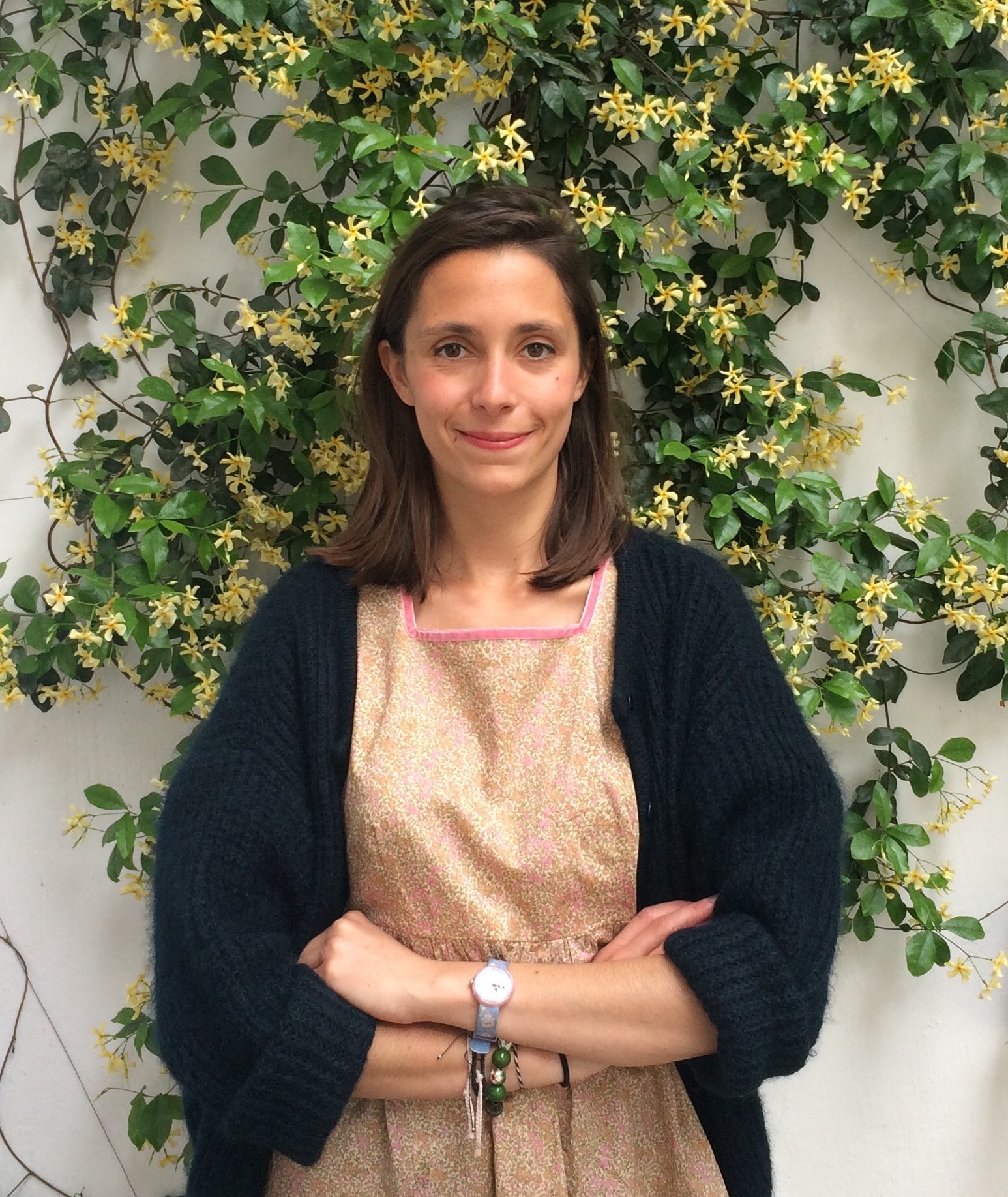 The Collaborative Coffee Source continues to grow with Charlotte Dourneau joining our business development team! Welcome Charlotte.
The Collaborative Coffee Source continues to grow with Charlotte Dourneau joining our business development team! Welcome Charlotte.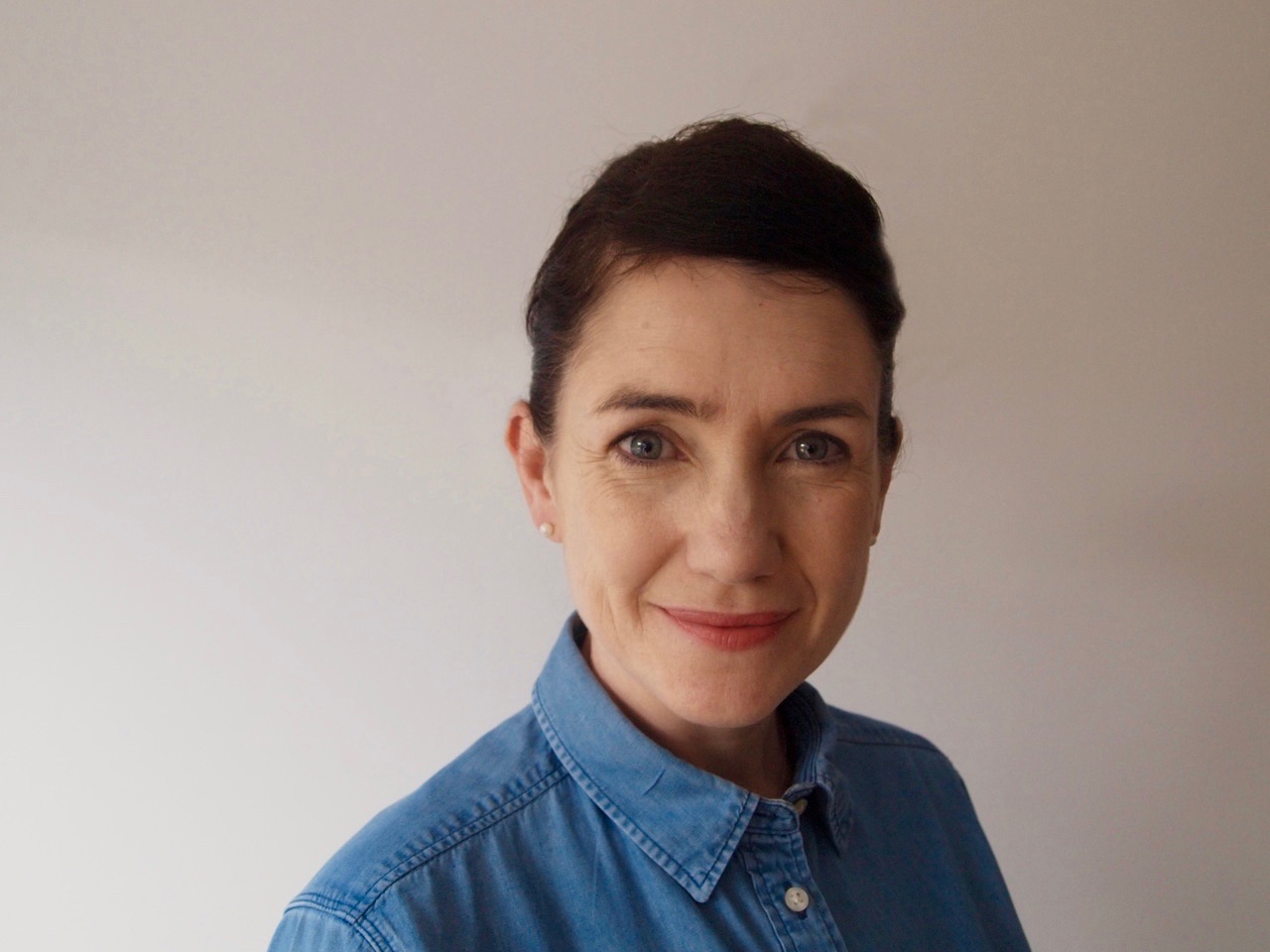 With the recent additions to the sales side of our team, we're balancing things out in our communications team by announcing the addition of Suzie Hoban, who will be joining us at our HQ in Oslo. Welcome, Suzie!
With the recent additions to the sales side of our team, we're balancing things out in our communications team by announcing the addition of Suzie Hoban, who will be joining us at our HQ in Oslo. Welcome, Suzie!

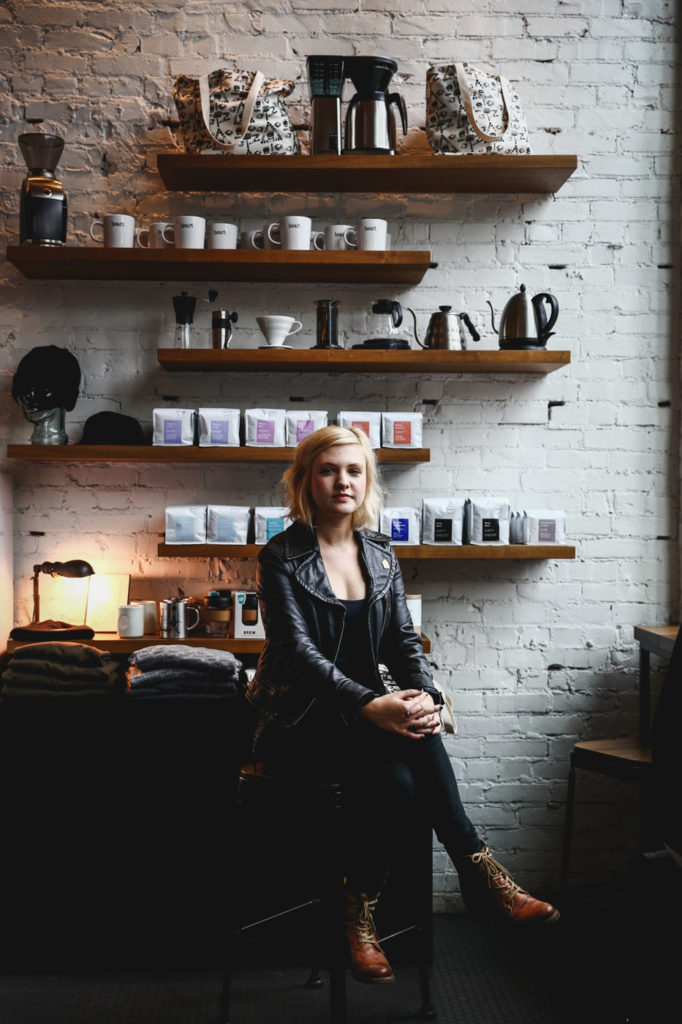 We'd like to introduce you to the newest member to CCS, Colleen King. Welcome, Colleen!
We'd like to introduce you to the newest member to CCS, Colleen King. Welcome, Colleen!






